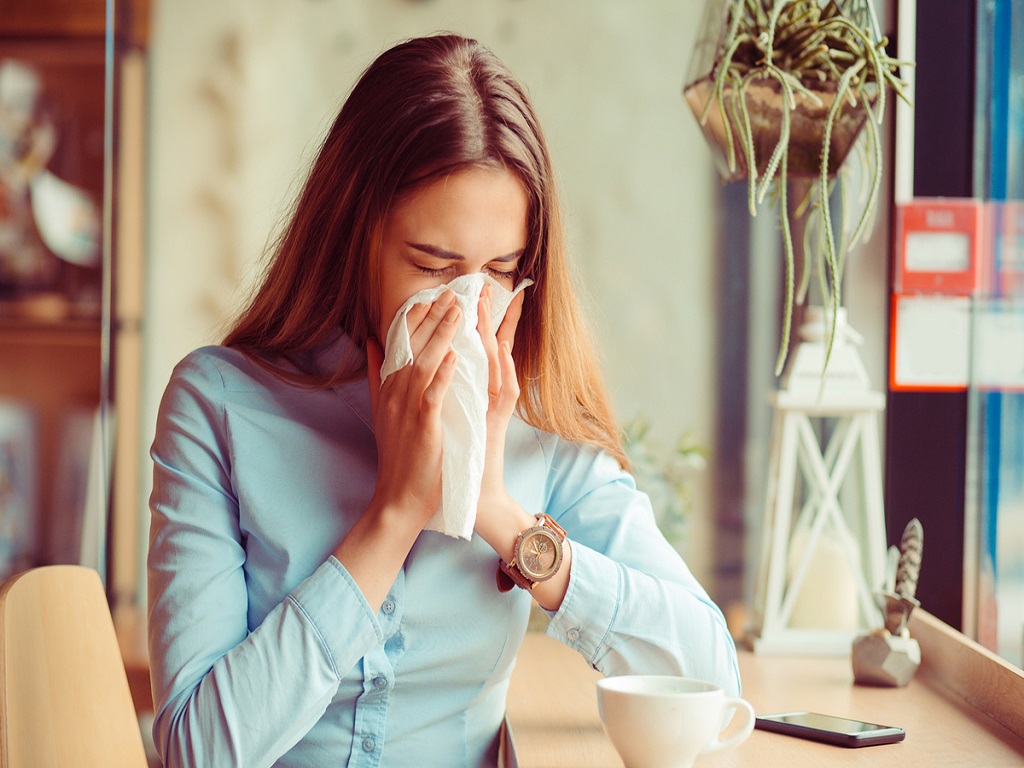As the seasons change, allergies are on the rise. Everyone’s body chemistry is different, as are the environmental factors that affect their allergies. There are, however, some home remedies for allergies that one can benefit from.
Avoidance
Allergies can be consistent and relentless. To combat them, one should avoid exposure to possible allergens. For instance, if a particular drug causes sickness, let the doctor know so they can prescribe an alternate one. However, some allergens are unavoidable, in which case one might want to try a home remedy if the doctor thinks the symptoms are manageable.
Saline nasal irrigation
Saline nasal irrigation is a proven way to alleviate symptoms of allergic rhinitis, which often goes by the name “hay fever.”
Air filters
A high-efficiency particulate air (HEPA) filter is capable of eliminating airborne irritants such as dust, pollen, and pet dander.
Butterbur
A 2003 study found that butterbur — also known as Petasites hybridus — is as effective for treating itchy eyes as a common oral antihistamine.
Bromelain
Papaya and pineapple contain bromelain, an enzyme thought to make breathing easier by reducing swelling.
Acupuncture
Acupuncture may help people with seasonal and perennial allergies, according to a 2015 review comprising 13 studies.
Probiotics
Probiotics may help with symptoms of allergies, according to a 2015 review study.
Honey
Some people swear by eating locally produced honey to lessen their allergic reactions to local pollen.
Air conditioners and dehumidifiers
Air conditioners and dehumidifiers can help reduce mildew and mold growth that can exacerbate allergies.
Spirulina
Spirulina, a blue-green algae, has been shown in a 2015 study to have antiallergic effects.
Stinging nettle
Ancient natural healers prescribed stinging nettle as a treatment for allergies. The plant is known to be an effective natural antihistamine.
Quercetin
Broccoli, cauliflower, green tea, and citrus fruits contain quercetin. Natural healing advocates believe that quercetin helps to stabilize the release of histamines and positively affects allergy symptoms.
Vitamin C
Some medical practitioners recommend taking 2,000 milligrams of vitamin C daily to keep histamine levels in check.
Peppermint essential oil
Peppermint oil is an effective treatment for bronchial asthma and allergic rhinitis. It can be diffused throughout the air or applied topically in a carrier oil.
Eucalyptus essential oil
Add eucalyptus oil to each load of wash to kill bacteria during the allergy season.









